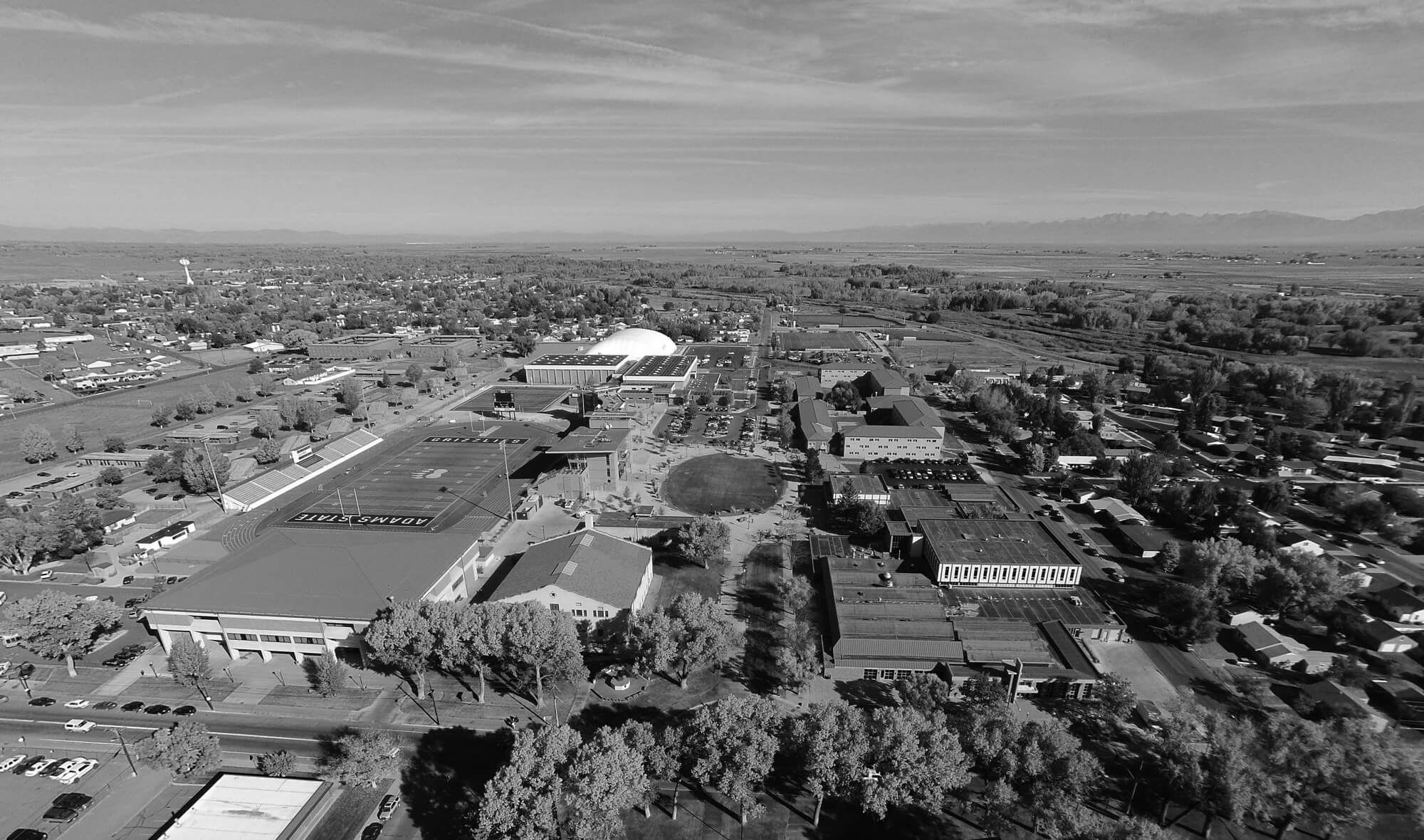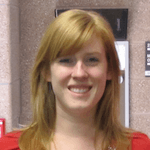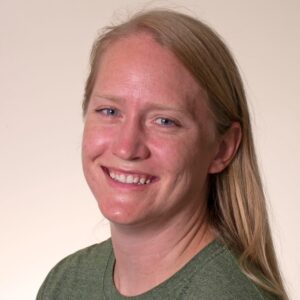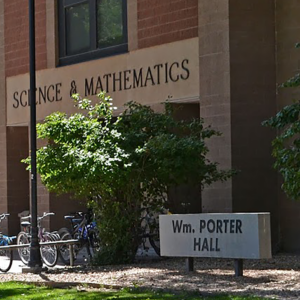Mathematical Sciences
Bachelor of Science, Bachelor of Arts
Bachelor of Science, Bachelor of Arts

“Mathematics is the language of science. Take as much mathematics as the university can possibly offer. From biologists to physicists at the forefront of research this is what I hear, and this is what I have experienced.” 2018 Adams State Outstanding Alumnus John Petersen, current SPIE Fellow and a former SEMATECH Fellow and principal scientist at imec, Leuven, Belgium, a world-leading R&D and innovation hub in nanoelectronics and digital technologies.
“I have been accepted by communities of other institutions such as MIT, RIT, Stanford, Berkeley, Cornell, University of Maryland, University of New Mexico, University of Colorado, University of Ottawa, and most recently KU-Leuven. I did it, a kid from Cheraw, Colorado, the smallest of rural communities, and if I can do it, anybody can do it.”
The Mathematics Program at Adams State University prepares graduates for careers in education, industry, law, sciences, and insurance. Graduates will have the content knowledge and skills ready to become secondary mathematics teachers, actuaries, or team members in industry. Alternatively, graduates will also be prepared for graduate school in mathematics, actuarial sciences, operations research, or education.

Adams State Computer Science, Mathematics and Engineering Club Competes annually in Mathematics and Programming competitions Contact Dr. Steven Aldrich
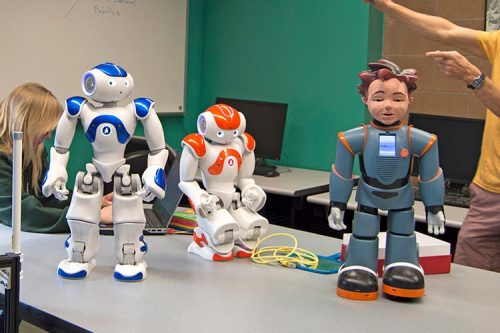
Build and program custom robots, Community Group with student involvement, Participate in the Robotics Challenge at Great Sand Dunes National Park, Contact George Sellman
